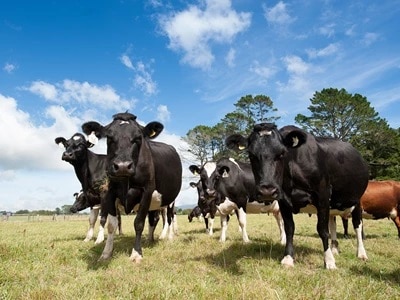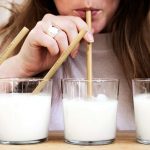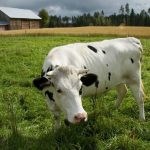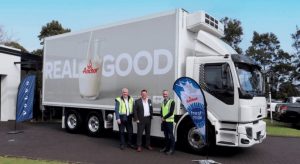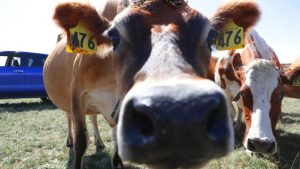
DairyNZ – through subsidiary New Zealand Animal Evaluation Ltd (NZAEL) – is working to help make that happen. We believe creating one animal evaluation index would ensure breeding decisions are made consistently.
This single evaluation will be co-ordinated by New Zealand Animal Evaluation Ltd (NZAEL) – as an industry-good, credible source of data available to everyone to use.
The sector is currently using three Breeding Worth animal evaluation indexes. DairyNZ chair Jim van der Poel says this creates confusion in the sector – and sub-optimal outcomes. “We believe the best way to help dairy farmers achieve the highest rate of genetic gain in their herd is to have one independent Breeding Worth (BW), including genomics and involving all the industry players.”
Genomics allows for better and earlier predictions of the desirable and undesirable traits of bulls and cows. Early predictions mean identifying the best bulls sooner, so farmers can make better breeding and culling decisions. These are key in enabling the dairy sector to remain internationally competitive, and for increasing farm profitability and sustainability.
New Zealand’s genetic gain has remained steady for more than 10 years, but it can be better. “We’re falling behind other countries, largely because we don’t have a whole-of-sector approach and because we’re not really using independently calculated genomic selection to identify and use elite young bulls,” Mr van der Poel says.
“For example, Australia, the UK and the US have driven more accurate animal evaluations of young bulls using genomics, which has given farmers greater confidence to use genomic information and young sires.
“We can make faster, more informed breeding decisions that will help farmers increase yields, improve efficiencies and breed herds that are easier to farm and have a lower environmental footprint.”
Through NZAEL, DairyNZ has proposed an accurate, inclusive and independent operating model that it believes will help the sector achieve a better rate of genetic gain and will fairly reward participants. This proposed model will be conducted by NZAEL, the industry-good organisation for animal evaluation that manages the National Breeding Objective (NBO) – to help farmers breed dairy cows that efficiently convert feed into profit.
Mr van der Poel says a unified, sector-wide approach would help realise the full benefits of genomic information and close the gap between New Zealand and its international competitors. “It will give farmers the most accurate data to compare bulls and cows, building their confidence and increasing genomics use in New Zealand. Making this information available to all dairy farmers enables them to improve their herds, which will help lift the performance and profitability of the New Zealand dairy herd.
“Collectively, through better rates of genetic gain, we could unlock potential additional sector profit of $136 million every year.”
Dairy farmer and sector feedback is being sought on the proposed operating model over the next six weeks. Consultation closes at 5pm on June 27, 2023. To have your say visit https://www.dairynz.co.nz/better-BW
